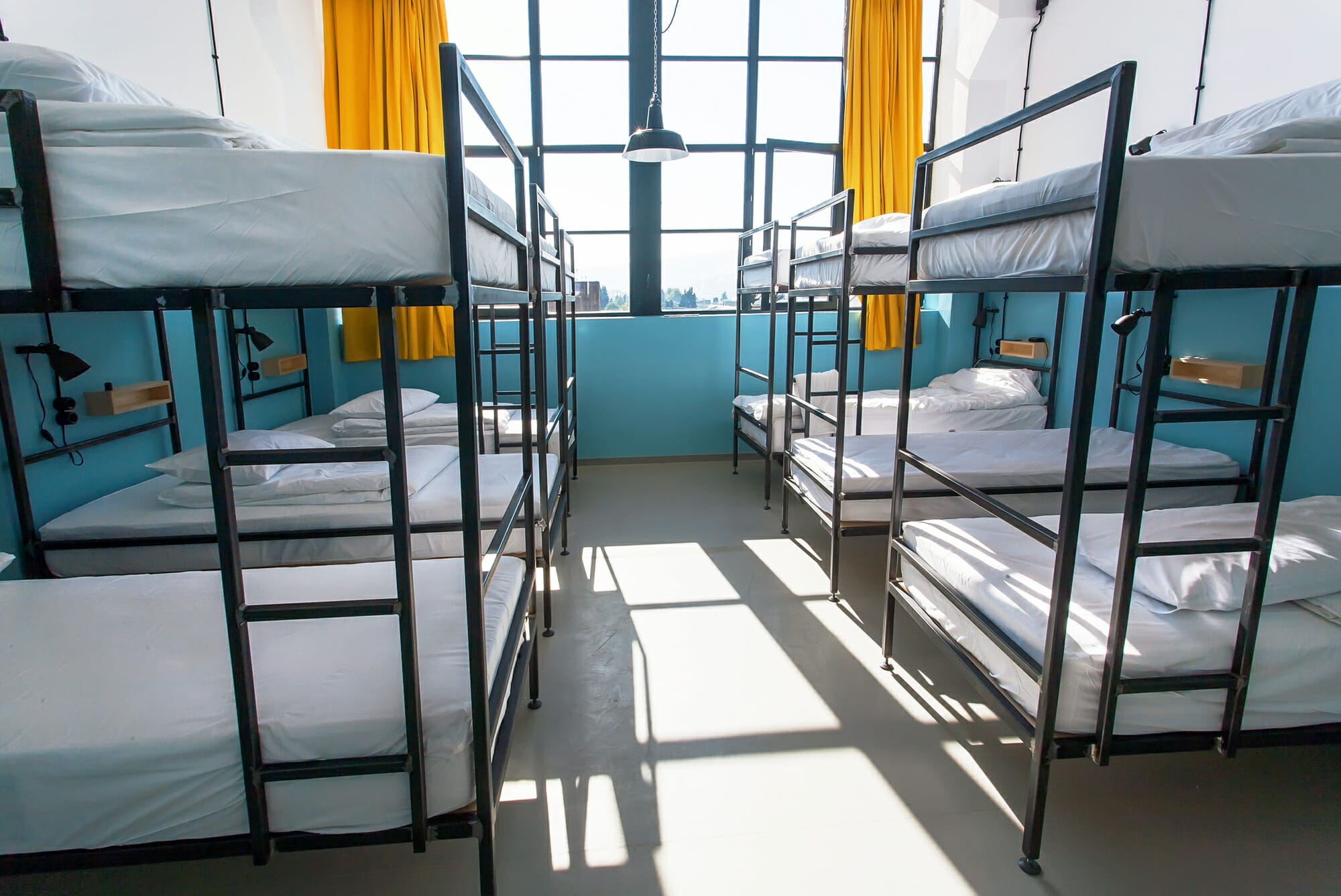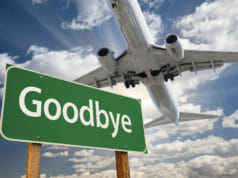Written By: Lori Lamb

“Airline Pilot” sounds so fabulous and exciting. And it can be for the pilot and pilot family who living at base. “Base,” also known as domicile, is the airport from which the pilot’s flights originate. “Living at base” means living in the city/environs of that airport.
One of the toughest decisions for any pilot to make is whether to live at base, or live elsewhere and commute. It’s a decision with many components. For the pilot who owns a home, in let’s say Phoenix, with LAX as their base, the commute, or flight to base, is about an hour with multiple flights operating throughout the day. An hour in the air each way, doing four trips a month, is a manageable eight hours of commute time. That’s potentially less time than if one held down an office job commuting by car five days a week across town. And, sitting on an airplane for an hour is a lot less stressful than your typical morning rush hour commute. (But remember, we didn’t calculate the pilot’s commute from his home to the airport to catch his commute-flight to base.)
Now let’s say the pilot is based in Newark, N.J., a five-hour commute from Phoenix. Five hours each direction for four trips a month is 40 hours per month spent commuting to base. Those 40 hours are unpaid but must be figured into the 80-hour line (a typical schedule for pilots flying for any airline). They are hours spent sitting in an airplane seat, or sometimes a cramped cockpit jump seat, just getting into position to operate their flight.
 Consider what happens when the pilot is operating a flight from Newark departing early in the morning. The pilot usually has to commute to base the night before their trip. This means they either purchase a hotel room, or have space in a “crash pad.” A crash pad can be a house or airport hotel that has dedicated a certain number of rooms to airline pilots. Most crash pads accommodate flight attendants as well, often with multiple crew members in shared rooms utilizing bunk beds. Hotel crash pads are standard single occupancy rooms rented monthly with limited facilities like most airport area hotels. Crash pad houses, sometimes created by pilots themselves, are usually contracted monthly by crew members. Most crash pad houses provide airport transfers with typical amenities of a decently equipped house.
Consider what happens when the pilot is operating a flight from Newark departing early in the morning. The pilot usually has to commute to base the night before their trip. This means they either purchase a hotel room, or have space in a “crash pad.” A crash pad can be a house or airport hotel that has dedicated a certain number of rooms to airline pilots. Most crash pads accommodate flight attendants as well, often with multiple crew members in shared rooms utilizing bunk beds. Hotel crash pads are standard single occupancy rooms rented monthly with limited facilities like most airport area hotels. Crash pad houses, sometimes created by pilots themselves, are usually contracted monthly by crew members. Most crash pad houses provide airport transfers with typical amenities of a decently equipped house.
Commuting comes at a price, which can be hundreds of dollars a month. Crash pads, while convenient, aren’t home, and some are less desirable than others. Between lengthy, tiring, long commute flights and the expenses of hotel rooms or crash pads, plus figuring out how and where to get meals, commuting to base can take a toll on both pilots and their families, adding emotional and financial stresses.
For pilots living in major cities, especially those that serve as airline hubs, commuting is seldom an issue. But as you can imagine, for the pilot already burdened by flight school loans and low starting wages, commuting can be a costly hassle. Remaining for consideration beyond the drive time and parking is the often lengthy process of finding a commute-flight, and potential flight delays.
What it really comes down to is quality of life. Where would you rather spend your non-work time? Making a commute, of an hour to five plus, sharing a crash pad with strangers and relying on delivery for dinner? Or would you rather live at base where you can roll out of your own bed, enjoy breakfast with your family before saying goodbye and driving to the airport to operate your flight?
For most of us, the quality of our lives is a defining force in deciding not just about our careers, but where to live. Life is short, examine all the angles and live yours well. ACN



























































































































Hi
I’m based in Spain working for Iberia express and I live in Seattle. I use to commute every 12 days and I happy working in Europe flying my A320 and having a wonderful live in Seattle.
14 hours commuting worth.
At the end of the day the world is small!
Also Happy wife, happy life!!!